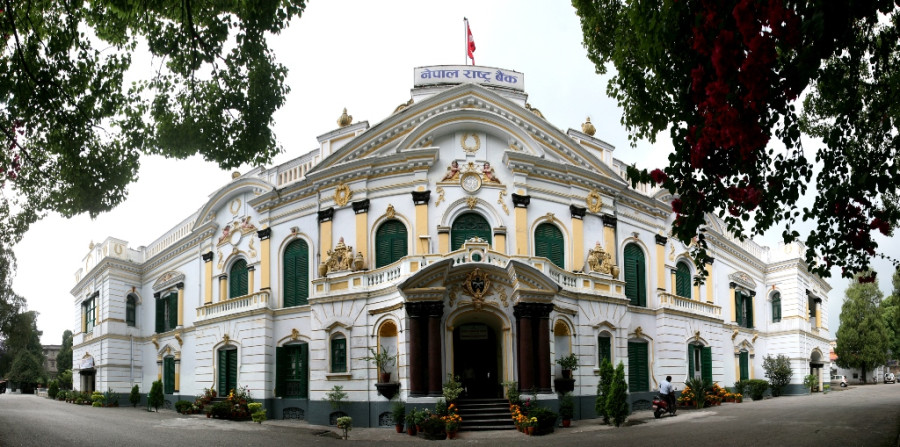Money
BFIs told to spend 1 percent of profit on CSR activities
Banks and financial institutions will have to spend almost half a billion rupees a year on works that would benefit the society they are operating in.
Banks and financial institutions will have to spend almost half a billion rupees a year on works that would benefit the society they are operating in, as the banking sector regulator has made it mandatory for these institutions to use 1 percent of net profit on activities that would enable them to fulfil their corporate social responsibility (CSR).
Issuing a circular, the Nepal Rastra Bank, the central bank, has directed all banks and financial institutions to establish corporate social responsibility fund and use the money collected in one financial year to finance CSR projects and programmes in the next fiscal year.
The circular was issued as per the provision incorporated in the Monetary Policy of this fiscal year, which had said that “banks and financial institutions will be required to allocate at least 1 percent of their profit to activities relating to corporate social responsibility”.
Considering the net profit of Rs49 billion generated by commercial banks, development banks and finance companies in the last fiscal year, these institutions will have to spend at least Rs490 million a year on CSR activities from now onwards.
The money collected in the CSR fund, however, should not be spent on activities aimed at promoting the brand of banks and financial institutions, or to serve individual and political interests of board directors, says the circular. “However, the institutions can identify themselves as co-sponsors of projects and programmes.”
Some of the areas where money collected in CSR fund could be utilised are: education, health, natural disaster management, environmental conservation, cultural promotion, rural infrastructure upgradation, capacity enhancement for income generation of people belonging to social backward communities, enhancing financial literacy and consumer protection.
The money could also be extended to cover education and healthcare expenses of the poor or build infrastructure of organisations working to promote interests of the poor. The money could also be used to build child day care centres at banks and financial institutions or extend direct or indirect financial support to help Nepal achieve 17 Sustainable Development Goals.
“These spending should not concentrate in limited sectors, such as health or education, or certain geographical area,” says the circular, adding, “Banks and financial institutions must publicly call for applications from interested parties before approving CSR-related projects and programmes.”
In this regard, the board of directors of banks and financial institutions should frame a guideline identifying areas where spending could be made and the process of finalising programmes and projects. Also, CSR fund operation and management manual should also be framed, says the circular.




 22.37°C Kathmandu
22.37°C Kathmandu












